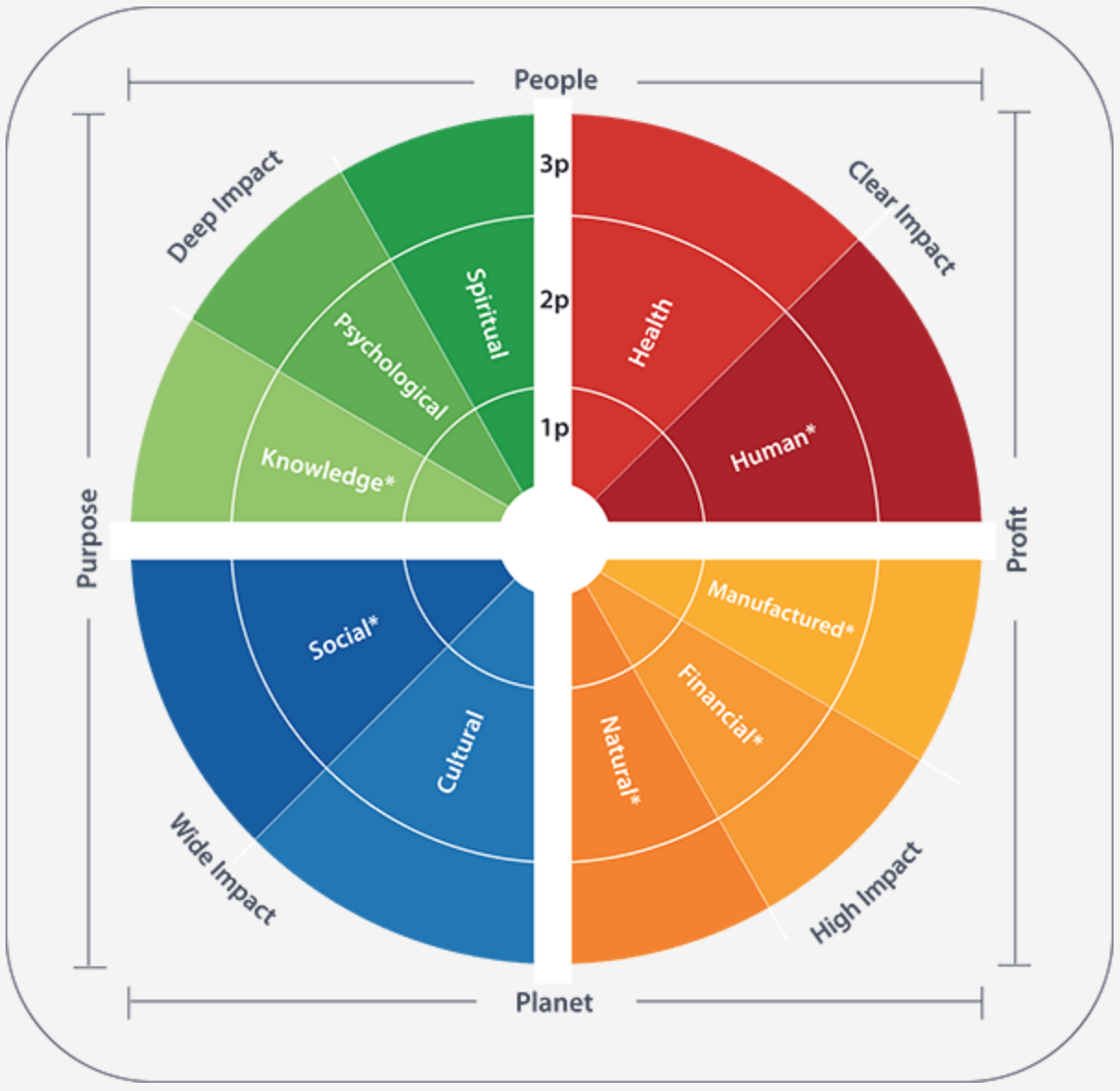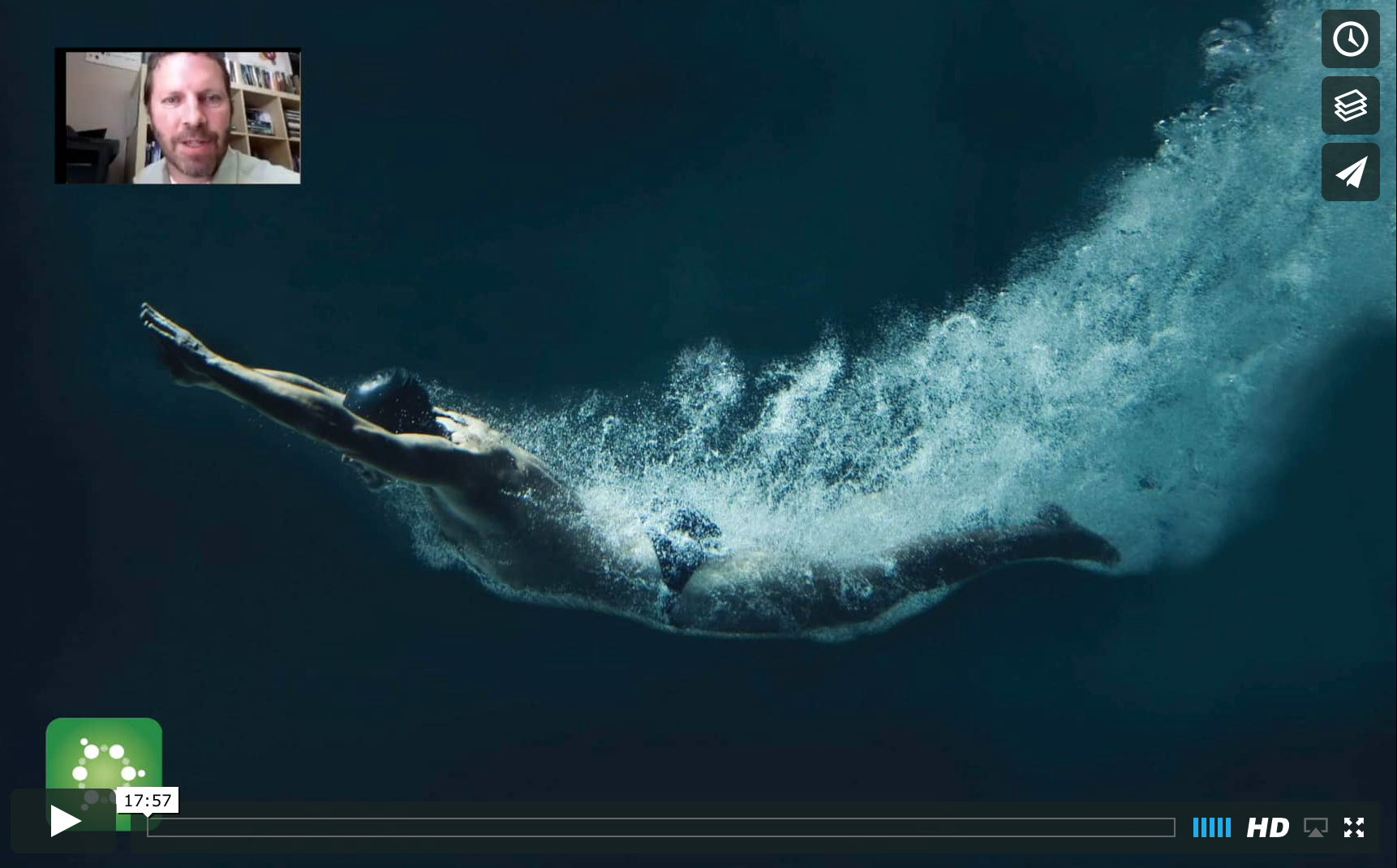I’m sitting looking out over the Fijian coral lagoon feeling a depth of responsibility for Australia. We so often seem to be the ‘last to the party’ people on climate politics. It is hard to reconcile especially here as I’m surrounded by crazy beauty, hurricane damage, climate coral bleaching/death and vibrant life.

Despondent? Maybe. And as my good friends Jenni, Alain, John and Terry highlight while embracing a sense of despair we’re called to a paradox of hope too:
Hope can co-exist with other feelings. Grief and hope can co-exist. Fear and hope can co-exist. Disappointment and hope can co-exist. Sadness and hope can co-exist. As Yehuda Amichai writes: “A man doesn’t have time in his life to have time for everything. He doesn’t have seasons enough to have a season for every purpose. Ecclesiastes was wrong about that. A man needs to love and to hate at the same moment, to laugh and cry with the same eyes, with the same hands to throw stones and to gather them, to make love in war and war in love.”
Abby Brookman
We reach to this from many places. One that has been challenging for me, and most likely always will be, is climate change civilisation collapse. Jem Bendell is wonderful on this inviting us to consider collapse as inevitable, catastrophe as probable and extinction as possible. He finds considering such spaces:
has not led to apathy or depression. Instead, in a supportive environment, where we have enjoyed community with each other, celebrating ancestors and enjoying nature before then looking at this information and possible framings for it, something positive happens. I have witnessed a shedding of concern for conforming to the status quo, and a new creativity about what to focus on going forward.
Professor Jem Bendell
For me that new creativity is like finding metaphoric stillness between hope and the present – the likelihood of status quo and exponentially fast change addressing crisis (such change has been something humans consistently collaboratively excel at) – and confoundment and uncertainty. For those looking for such pieces try:
- Alastair Fothergill on nature’s resilience and our attitude shift. Nature was “nice to have”. Now it’s “must have”.
- Tom Crowther on tree planting and it’s “mind-blowing potential” to tackle climate crisis.
- Karen O’Brien on quantum social change. This includes a background on people as the solution to climate change and arguments for looking with new eyes at our approaches. E.g. “a shift from an Enlightenment paradigm to an ‘Enlivenment paradigm,’ or a cultural worldview that emphasizes the importance of ‘lived experience, embodied meaning, material exchange, and subjectivity’ as key to addressing complex problems like climate change”.
All these multiple perspectives have the potential to be bewildering. That’s possibly something of a gift too. Margaret Wheatley wrote on this recently:
We weren’t trained to admit we don’t know. Most of us were taught to sound certain and confident, to state our opinion as if it were true. We haven’t been rewarded for being confused. …
Margaret Wheatley
Lately, I’ve been listening for what surprises me. What did I just hear that startled me? … Noticing what surprises and disturbs me has been a very useful way to see invisible beliefs. If what you say surprises me, I must have been assuming something else was true. If what you say disturbs me, I must believe something contrary to you. My shock at your position exposes my own position. When I hear myself saying, “How could anyone believe something like that?” a light comes on for me to see my own beliefs. These moments are great gifts. If I can see my beliefs and assumptions, I can decide whether I still value them.
These uncomfortable places of uncertainty within me – warm, scary, enticing, illuminating – seem to mirror in many ways our global dilemma. As always, we are where we don’t know and it is rather starker than usual.
I’m sorry, responsible, bemused and enlivened.

Links
- Abby Brockman, Despair is not a strategy: 15 principles of hope https://www.filmsforaction.org/articles/despair-is-not-a-strategy-15-principles-of-hope/
- Prof. Jem Bendell, Deep Adaptation: A Map for Navigating Climate Tragedy Video, Bloomberg and/or Paper
- Alastair Fothergill, Our planet Audio: https://www.rnz.co.nz/audio/player?audio_id=2018702610
- Prof. Thomas Crowther, https://www.crowtherlab.com and Tree planting ‘has mind-blowing potential’ to tackle climate crisis https://www.theguardian.com/environment/2019/jul/04/planting-billions-trees-best-tackle-climate-crisis-scientists-canopy-emissions
- Prof. Karen O’Brien, Climate change and social transformations: is it time for a quantum leap? https://www.researchgate.net/publication/303904607_Climate_change_and_social_transformations_is_it_time_for_a_quantum_leap_Is_it_time_for_a_quantum_leap
- Margaret Wheatley, Uncomfortable place of uncertainty http://www.awakin.org/read/view.php?tid=2308
Photos
Please note that all photos are licensed under creative commons – non commercial reuse with attribution. This basically means you are free to use the images by crediting the creators (see CC BY-NC 3.0 US for details).
Please credit the photos to (be) Benevolution.




 Anyone and everyone connected with sustainability dives straight into a dizzying array of frameworks.
Anyone and everyone connected with sustainability dives straight into a dizzying array of frameworks. 4 types of impact with 10 types of capital to produce 4 bottom lines.
4 types of impact with 10 types of capital to produce 4 bottom lines.
 When we first play with
When we first play with 
 another one
another one Using subjective feelings while you are investigating and empirically analysing at the same time? Surely that’s bad science. Or is it?
Using subjective feelings while you are investigating and empirically analysing at the same time? Surely that’s bad science. Or is it? One of the compelling beauties of Integral Theory are repeating patterns, the fractal nature of quadrants, repeating patterns are observable at every scale. This is fundamental and creates a wonderful window onto ourselves, our biases and preferences. It is powerful – working with the integral quadrants becomes a way of differentiating our awareness and learning how to identify ourselves and others from these perspectives – through this differentiating practice, real integration becomes possible.
One of the compelling beauties of Integral Theory are repeating patterns, the fractal nature of quadrants, repeating patterns are observable at every scale. This is fundamental and creates a wonderful window onto ourselves, our biases and preferences. It is powerful – working with the integral quadrants becomes a way of differentiating our awareness and learning how to identify ourselves and others from these perspectives – through this differentiating practice, real integration becomes possible. concept of looking at and looking as. We can look at ourselves or anything – e.g. a group of people or a collection of objects – or we could adopt a perspective of seeing such quadrants as ourselves or others.
concept of looking at and looking as. We can look at ourselves or anything – e.g. a group of people or a collection of objects – or we could adopt a perspective of seeing such quadrants as ourselves or others. When people first come across integral theory* they are often stunned, enticed, surprised and excited by its simple beauty and explanatory power. I certainly was! Suddenly, through accessibly integrating global knowledge, many tensions in ourselves, families and society come into clear illuminated focus. Sustainability and health are great examples – integral’s mapping power illuminates stuck situations**. It creates hope for changes that are perversely hard to implement.
When people first come across integral theory* they are often stunned, enticed, surprised and excited by its simple beauty and explanatory power. I certainly was! Suddenly, through accessibly integrating global knowledge, many tensions in ourselves, families and society come into clear illuminated focus. Sustainability and health are great examples – integral’s mapping power illuminates stuck situations**. It creates hope for changes that are perversely hard to implement. We live in extraordinary times. Our societies’ are transforming and we are seeing radical non-linear changes. This is occurring whether we live in industrialised or modernising countries. The same is true for people with very different circumstances including those whose main priority is simply generating enough for life’s daily necessities.
We live in extraordinary times. Our societies’ are transforming and we are seeing radical non-linear changes. This is occurring whether we live in industrialised or modernising countries. The same is true for people with very different circumstances including those whose main priority is simply generating enough for life’s daily necessities.